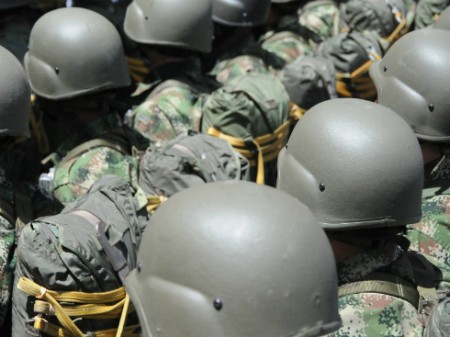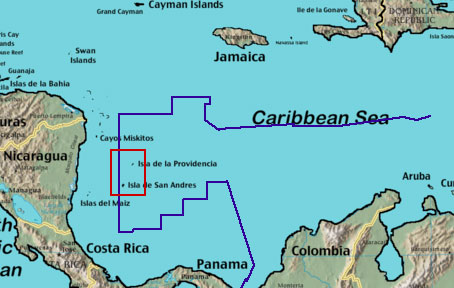
In addition to their love for telenovelas, as well as their cuisine and religion borne out of a shared Spanish heritage, Colombia and the Philippines now have one more thing in common. This [month], both countries took another step toward peace with their respective armed groups, which could lead to the end of internal conflicts that are among the oldest in the world. On October 15, the Philippines entered into a peace accord with the rebel Moro Islamic Liberation Front (MILF). Two days later, Colombia’s government began peace talks in Oslo with the Marxist Revolutionary Armed Forces of Colombia (FARC). Each of these presents a unique opportunity for civil society to sustain peace by fostering trust and accountability over issues such as land rights, delivery of social services, political participation at the local and national level, and tolerance for other people’s beliefs.

